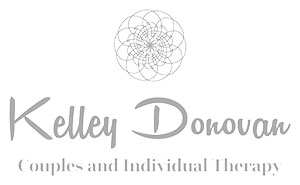Emotional Regulation
“We have more possibilities available in each moment than we realize. ”
Have you come to see yourself as having less value because you struggle with managing your emotions? None of us wants to be defined by our worst day, our most undesirable trait, or the worst version of ourselves, but people who experience moodiness or have emotional outbursts tell me this is what happens for them; they also say they put up with more because they feel guilty about being moody or having an outburst, causing the cycle of emotional buildup and outbursts to continue.
The messages we get about our emotions begin early in life and are influenced by our parents, caregivers, families, and communities. Not ever changing our relationship to our emotions means we generally follow whatever our initial lessons were.
Emotional Regulation Therapy
Emotional regulation is how we manage the internal and external expression of our emotions. We are emotionally regulated when we can keep our feelings in perspective and remain regulated physically and cognitively.
Emotional dysregulation can be present in a variety of mental health disorders, such as bipolar disorder and borderline personality disorder. Or, more often, it’s a problem that exists outside the context of a disorder.
Emotional regulation differs based on culture, situation, and environment. How do you know when you need help managing your emotions? Some signs might be damaging and/or losing relationships or losing employment because of emotional outbursts. Or maybe you’ve decided you no longer want to respond to things in your life in such an extreme way, and you want to feel better internally. Therapy has been found to be highly effective for learning emotional regulation. I have advanced training in emotional regulation and offer therapy tailored to your individual situation.
“Our power lies between the stimulus and the response.”
